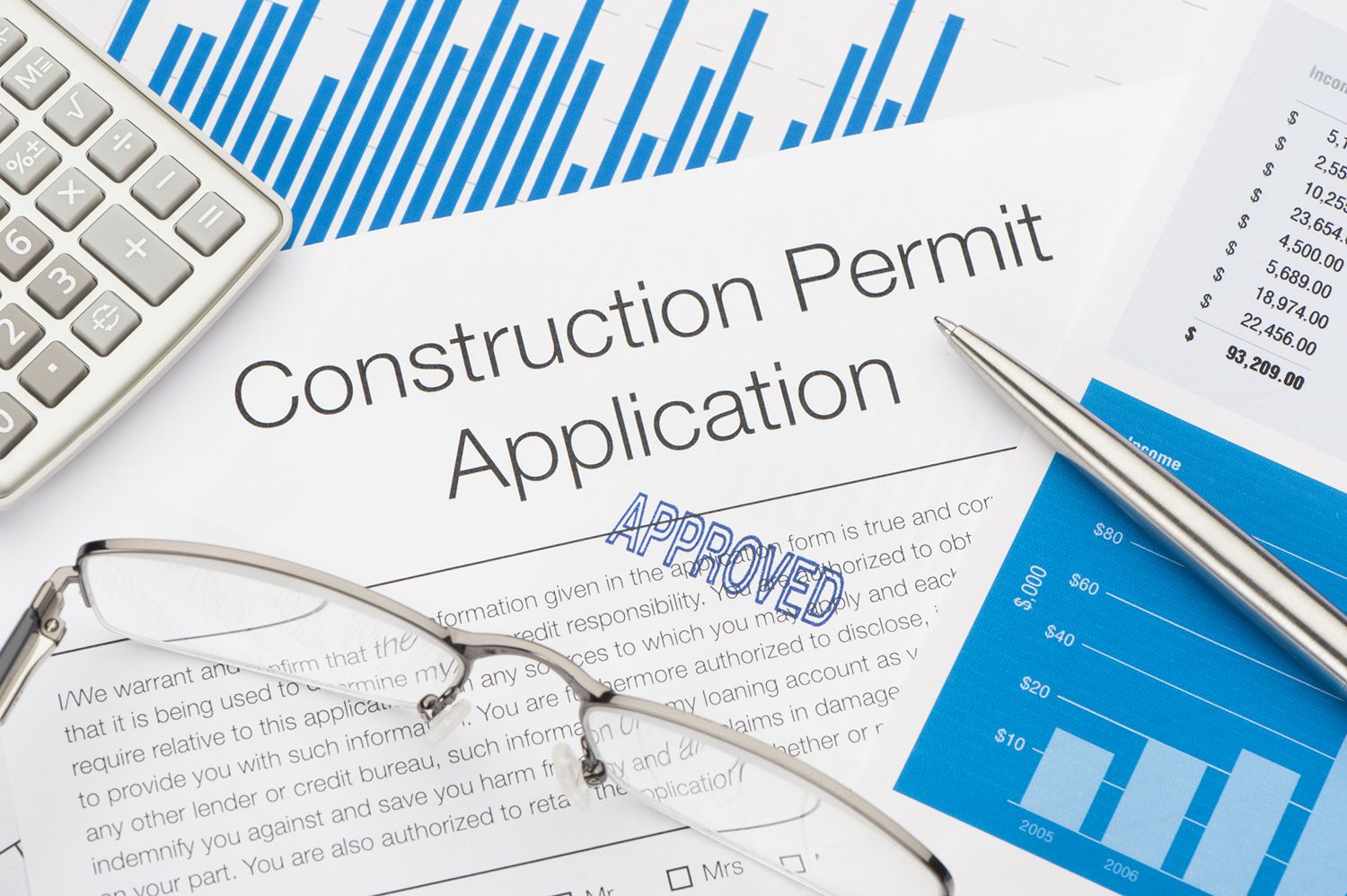Roofers Unionize – Working For Easier Permitting
Technology and Education
Roofers Union Local 11 is dedicated to remaining on top of roofing industry education and information to improve safety and productivity. Our state-of-the-art, nationally acclaimed Apprenticeship Training Center prepares the men and women who work in today’s roofing business to meet the industry’s expectations. Our employees’ continuing education is a top concern. Roofers Union Local 11 refers only to the best and safest roofers, many of whom have crucial credentials, like the top roofers in Lower Alabama – LA Roofing Co.
- Roofing Torch Applicators who are certified
- Workers with Asbestos Removal Certification
- Employees that are CPR/First Aid certified
- Employees with 10 and 30 hour OSHA certifications
- Chicago is a city in the United States. Employees Foreman Training Programs Scaffold Complaints
Safety and Education
The Roofers Union Local 11 has a five-year apprenticeship program approved by the United States Department of Labor. For our first-year apprentices, our training programs emphasize OSHA 10-hour safety instruction. All roofing methods are covered in this course, from low slope BUR to all single-ply systems and steep slope slate, tile, and asphalt shingle roofs. Upgrade classes are also available for journeyman roofers who want to stay current with the ever-changing roofing systems. Any signatory contractors can use our facility for free for all training classes and company safety programs to meet their insurance compliance obligations.
When it comes to Labor-Management Relations, collaboration equals profit:
Working together as business partners
Cooperation between labor and management has been one of Local 11’s defining characteristics. Recognizing the changing nature of the roofing industry, we meet with our contractors to discuss the issues that affect the local roofing industry. We understand the bottom line: collaboration leads to increased productivity and revenues. Local 11 wants to assist you in expanding your business, and your company’s success is our concern. As a Local 11 Roofing Contractor, you’ll have access to new business options in commercial, industrial, and residential roofing projects.
Affiliation with Local 11 Has Its Advantages
In the roofing industry, becoming a Local 11 Roofing Contractor means Quality, Value, Service, and Excellence. We can provide your company with highly qualified and competent employees who can handle all areas of roofing and waterproofing. All roofing personnel and their families are eligible for our health benefits, and your employees will also have access to a local and international roofing pension. Safety training programs and professional representation in the roofing business are provided at no additional cost.
Please contact one of our representatives through email or phone for more information about being a signature contractor.
Why Union Membership Leads to Increased Profits:
Expanding Your Company
Joining Roofers Union Local 11 as a signatory contractor might open doors to new markets in the roofing industry.
- Projects with a Prevailing Wage
- Projects that require the use of union labor
- Projects with Responsive Bidders
- Agreements on Project Labor
New signatory roofing contractors are continuously needed to meet the vast expansion in the new construction union labor demanded markets. On Prevailing Wage projects, many public …
continue readingMaking Building Permitting Easier
Effective building regulation begins with creating a unified set of guidelines that describe what is expected of builders. Over 159 economies now have a full set of building standards in building codes and legislation that govern all areas of the construction process. However, simply setting rules is insufficient. Pending legislation can lead to not just confusion about how to proceed but also to corruption, disagreements, and unnecessary delays. The first step in achieving clarity, consistency, and transparency is to lay out a clear list of papers and preapprovals required before a construction permit application can be submitted and provide applicants with information on the required fees and how they are computed.
When rules are adopted, economies must also ensure that they are followed in practice. A national building code was ratified in Nepal in 1994. However, it was never implemented or followed in practice. As a result, construction in a country prone to large earthquakes continued with little regard for safety. Nepal has established a system that automatically checks for conformity with the National Building Code two decades later. Local authorities may interpret the rules differently. Thus implementation must be consistent across the country. In Colombia, a national law was passed in 2016 that established stricter construction standards and measures to improve building safety and quality oversight. On the other hand, the rules for implementation differ significantly amongst cities. According to the 2017 subnational Doing Business research on Colombia, an entrepreneur in Bogotá takes 13 procedures and 132 days on average to complete all building permit formalities. In contrast, an entrepreneur in Cali takes 18 courses and 315 days on average.1
It is not enough to make building regulations available if the requirements for getting a building permit are not clearly stated in the rules (or on a website or in a pamphlet). To avoid situations where the permit-issuing authority can impose additional arbitrary requirements, applicants must have a list of the documents and preapprovals required before applying for a permit. Applicants must also understand the fees that must be paid and how they are determined.
In addition to appropriate legislation, an effective inspection system is essential for public safety. There is no way to ensure that buildings meet proper safety standards without one, which increases the risk of structural defects. Indeed, having technical specialists analyze the planned plans before they are built can help lessen the chance of structural breakdowns later on.
Building codes must be adaptable to keep up with economic and technological change, especially in light of growing environmental concerns. Overly specific requirements make it difficult to maintain regulations up to date. Some building regulations, for example, stipulate which materials can be used in construction projects; however, while this protects building safety, it is only successful if codes are updated regularly to reflect new developments in the materials industry. This is not the situation in the transition economies of Eastern Europe and Central Asia, where such regulations are prevalent. On the other hand, New Zealand took an …
continue reading


